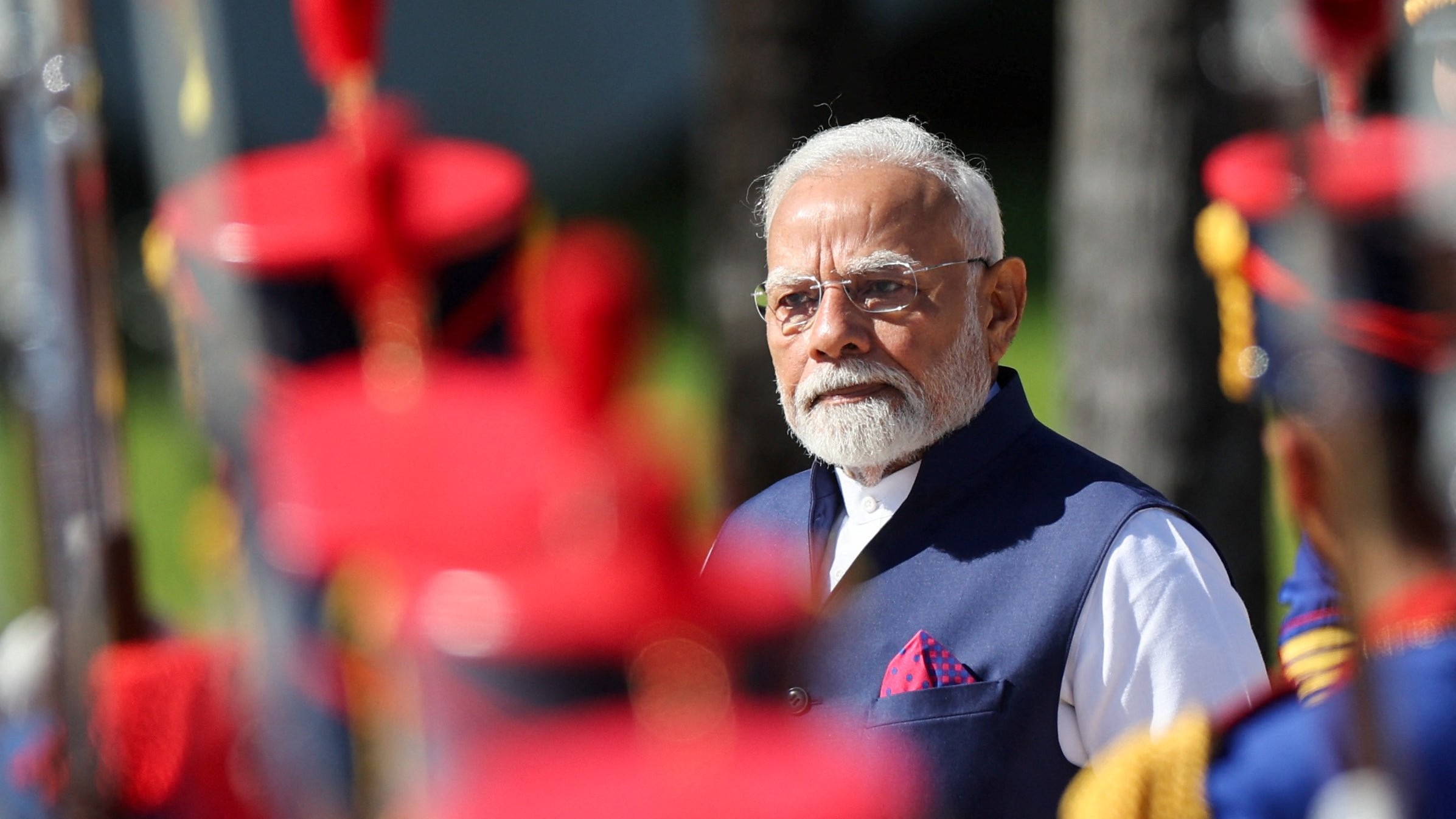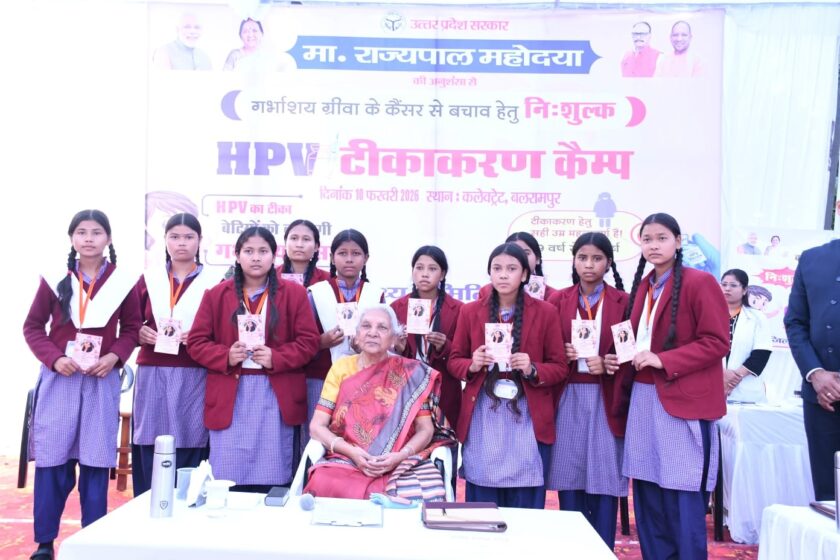Delhi | The 25th Shanghai Cooperation Organisation (SCO) Summit in Tianjin marked a milestone both for the organization’s history and India’s evolving role within it. Prime Minister Narendra Modi outlined India’s approach through a **three-pillar strategy—Security, Connectivity, and Opportunity—**which resonated strongly in the Tianjin Declaration.
Security: A Firm Stand on Terrorism
Reaffirming India’s position of “zero tolerance” on terrorism, Modi rejected double standards, a veiled reference to Pakistan. India ensured the declaration included explicit condemnation of recent terror attacks in Pulwama-Pahalgam, Pakistan, and Afghanistan. Calls to strengthen the Regional Anti-Terrorist Structure (RATS), enhance intelligence sharing, curb terror financing, and counter digital radicalization underscored India’s security priorities.
Connectivity: Respect for Sovereignty
Highlighting India’s limited geographical access to Central Asia, Modi emphasized projects like Chabahar Port and the International North-South Transport Corridor, advocating connectivity frameworks that respect sovereignty. This stance indirectly critiqued China’s Belt and Road Initiative (BRI), especially the China-Pakistan Economic Corridor that runs through Gilgit-Baltistan. Talks between Modi and Chinese President Xi Jinping signaled cautious dialogue on border stability, visa facilitation, and pilgrimage resumption.
Opportunity: Technology and Culture
India pushed for SCO to go beyond geopolitics by fostering innovation, youth empowerment, and sustainable development. Modi proposed strengthening the SCO Startup Forum, cooperation on AI governance, green energy initiatives, and a Civilizational Dialogue Platform to celebrate shared Asian heritage.
The Tianjin Declaration and Beyond
For the first time, the declaration adopted India’s vision of “One Earth, One Family, One Future”, echoing its G20 presidency theme. It also backed UN reforms, multipolarity, and the creation of an SCO Development Bank, with China pledging $1.4 billion in seed funding. While this raised concerns of Beijing’s economic dominance, it offered SCO a more concrete economic agenda.

Challenges Ahead
India still faces hurdles: Pakistan’s persistent Kashmir rhetoric, China’s expanding BRI footprint, and the unresolved Afghanistan crisis. Balancing SCO engagement with Western platforms like the Quad and Indo-Pacific strategies also remains a tightrope act.
A Defining Role for India
Representing nearly half the world’s population and a fifth of global GDP, SCO’s weight is growing amid the Russia-Ukraine war, US-China rivalry, and West Asian instability. India’s active participation positions it not just as a member but as a shaper of SCO’s future direction—balancing hard security with soft power, and regional aspirations with global responsibilities.
In essence, the Tianjin Summit was more than an anniversary—it reflected India’s maturity in diplomacy. The **three pillars—Security, Connectivity, and Opportunity—**are now embedded in SCO’s framework, with India emerging as a key architect of its evolving identity.










